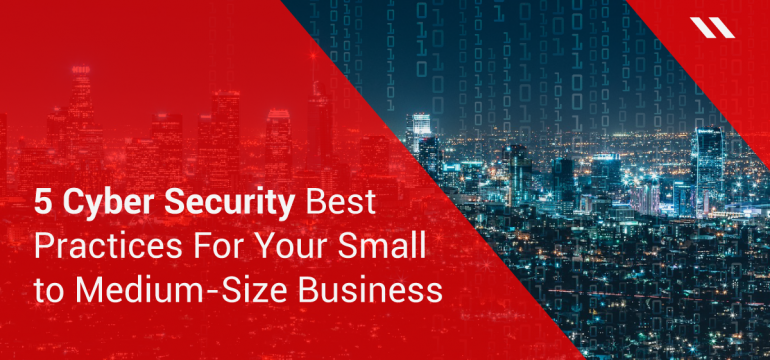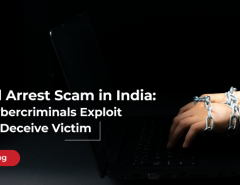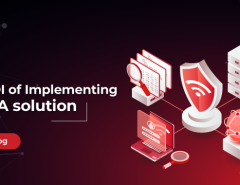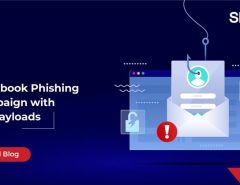Small to medium-sized businesses often tend to underestimate cybersecurity. The reasons range from practicality – they may not have the resources, to sheer over-confidence – the notion that they are not important enough to be at risk of cybersecurity threats and so on. Nothing could be further than the truth.
A survey by the United Kingdom government and KPMG among 1,000 small businesses in the country, threw up worrisome statistics: Only 23% of small businesses felt cyber security was a top security concern while 29% of businesses who had not experienced a breach felt they would suffer reputational damage. Another worrying statistic arrived from another report: at least 61 percent of the hacked industries and enterprises functioned with a smaller workforce, i.e. not even 1,000 employees.
Even if a business is small or medium-sized, it does not mean it is not at risk of cybersecurity threats. In fact, it may well be the opposite – they are sitting ducks as cyber criminals are aware that SMEs may not be as concerned about their security compared to bigger businesses. In fact, the consequences may be even more severe – even a minor data breach could leave a SME crippled and unable to recover.
Its clear then that SMEs must be extremely serious when it comes to cybersecurity. Here are some of the best practices they must follow:
Invest in Training – Since most cybersecurity risks primarily originate due to user negligence, it is important to train and educate employees about cybersecurity. Employees should know what to do in case of security alerts and they should also understand to be cautious about what links they click on, what information they share and what USB devices they plug in their machines.
Have a MDM plan – With almost all employees owning a plethora of gadgets and smartphones, it is crucial for SMEs to regulate the usage of these devices. A lot of sensitive information and emails can be accessed on these devices and they also contain access to the company’s wireless networks. So monitoring and regulating such mobile devices is essential.
Backup Data – When it comes to data backup, we recommend following the 3-2-1 rule. As per this, SMEs should maintain 3 different copies of all their sensitive data, over 2 different formats and locations and at least 1 of these locations should be offline. Following this rule will ensure that all confidential company information remains in the hands of the organization itself.
Data Encryption – Simply saving and storing data is not enough anymore, as it can be breached and accessed at any time. It is always advisable to encrypt data when it is saved and backed up. Access to this data should only be granted to specific people and such security measures help enterprises maintain the integrity of their critical data in the long term.
Use a Security Solution – When it comes to effective enterprise security solutions, there is no dearth of options available in the market. It is important to choose a solution that meets the exact requirements of the organization, and does exactly what it promises to do. Extra features and customizations can always be added later, so the SME should know its precise needs before choosing a solution.




